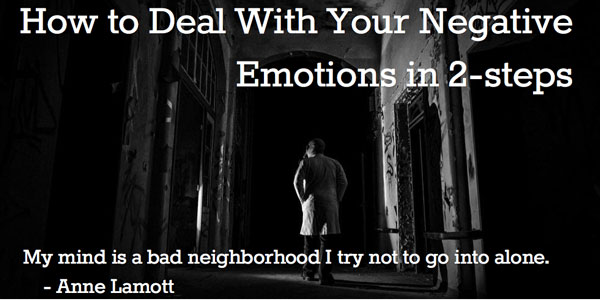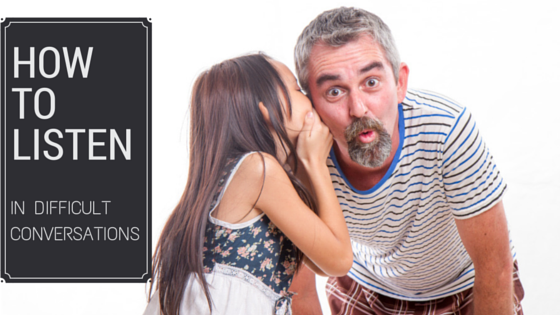Hi there!
This afternoon, I (Cecilia) started thinking about how parenting is just like playing in a band.
Today I got to play music with some of my favorite people. I have played instruments and sung most of my life.
I was even part of an all-girl rock band for a couple of years (but that’s another story).
My favorite thing to do is to sing and harmonize with other people.
While I was driving home after practice, I realized how parallel making music and parenting are.
The most important thing about creating music is not so much the sound you make, but how good a listener you are.
It’s a musician’s “ear” that allows him to attune to others, know what will blend and what will not, and to make in-the-moment adjustments.
Isn’t this also true of parenting?
It’s not as important what we say to our children but that we are attuned to them.
A father attunes to the cry of his infant daughter and knows that she’s asking to be comforted and rocked to sleep. A mother attunes to her 10 year old son asking, “What’s for dinner?” and she knows that he’s probably saying, “Mom, I’m hungry?”
But then there are the times that it’s hard to figure out what our children are really saying. I remember times as a new mom when Alana would cry and I tried everything I could think of to comfort her—feed her, change her diaper, rock her, go outside, sing, bounce, swaddle, or walk her—and she still cried.
When we can’t figure out what our kids are really saying they are most often speaking in “coded messages”, a concept from “Parent Effectiveness Training” by Thomas Gordon.
Our job as parents is to decode or attune to these “messages underneath the messages”. We do that by listening for our child’s feelings and needs.
Here are some real life examples of coded messages and what they meant in each situation:
Situation: A 5-year-old girl playing is a game with two older girls. When they hear that it’s time to finish up.
- Child says: “I won’t clean up this game unless they tell me that I’ve won!”
- Child means: “I’m disappointed that we can’t finish the game. I was so excited that I was ahead and now I won’t get to see how it all worked out. I’m so frustrated that we’ve run out of time, really wanted to play with these older kids, and on top of that you want me to clean up this game. And I don’t like cleaning up.”
Situation: A mom is putting her 7-year-old daughter’s hair in a ponytail. After many unsuccessful attempts, the mom says, “I’m sorry, that was my last try. I don’t have time to do your hair any more. We need to leave for school.”
- Child says: “You are the worst mommy ever. I hate you!”
- Child means: “I’m so mad. I can’t get my hair looking the way I want it to. I don’t like how I look today and I can’t figure out how to fix it.”
Situation: A 6-year-old looks at his schoolwork.
- Child says: “This is boring. I know how to do it already. This is stupid.”
- Child means: “This looks hard. I don’t know how to start. I don’t even want to ask for help because then you’ll know that I can’t do it by myself. I think that you won’t love me unless I’m smart. If other kids knew that I couldn’t do this work they wouldn’t want to be friends with me.”
Situation: An 11-year old in a fight with his father about the son mowing the lawn.
- Child says: “FINE! You always get your way. I always have to do what you say. GO AWAY!”
- Child means: “I’m giving up. You don’t understand my perspective otherwise you’d see how powerless I feel here. I feel furious because I don’t think I have a choice about this any more. Will you please listen to me?”
Decoding messages takes some detective work and maybe even outright guessing.
But do you hear the difference between what the child says and what he means?
Can you have empathy for the message that the child is intending to convey?
If we can hear the “message underneath the message”—if our ear can be attuned to our child—then we can respond in a much more successful and connecting way. Just like playing music in a band.
Don’t know how to decode your child’s messages yet?
Then think of the best possible interpretation for your child’s words that is still consistent with the facts. Your “best possible interpretation” is probably pretty close to the truth.
Still don’t know how to decode? Stay tuned for some really great videos we’ve been working on for the past couple months.
I’ll end with one final brief story:
Some uniquely coded messages are sent without words.
Years ago, a young child I worked with didn’t like hugs. He often had tough moments with me and needed a lot more attention and support than other kids. I struggled to maintain a loving connection to him when he was difficult to be around. I don’t like admitting that he was really a challenge.
But almost without fail, at the end of the day, he would come up and give me a “backwards hug”. He’d often surprise me when I was sitting or kneeling down and he’d wrap his little arms around my back, give me a quick squeeze, and then he’d run out of the room.
The message?
“Thank you for seeing the best of me. Thank you for trying so hard. I’m sad, regretful and embarrassed that I’ve hurt you because you are my friend. And I don’t want to hurt my friends.”
So I’m curious what has been the toughest message that you’ve decoded for your child? Leave a comment; we read every one. We love hearing from you.
Happy Decoding,
Cecilia “Sherlock” and Jason “Watson”









